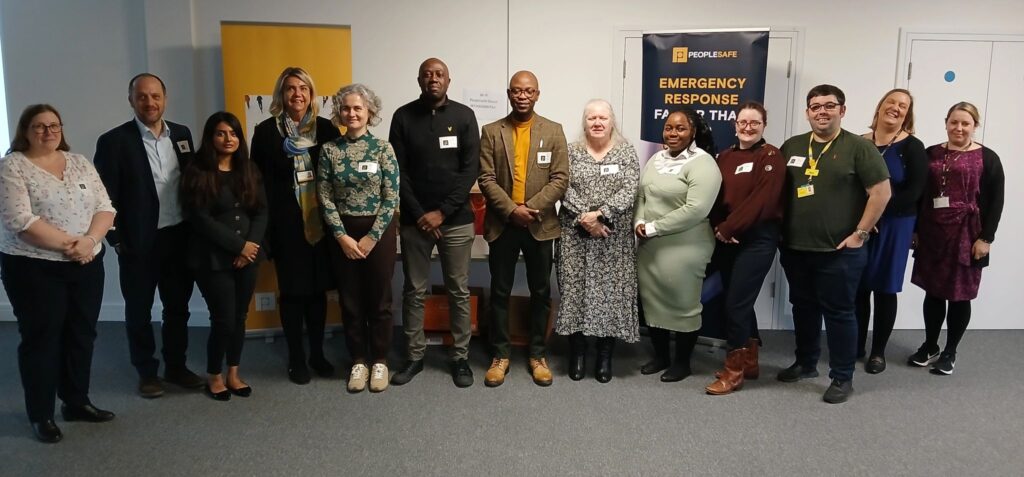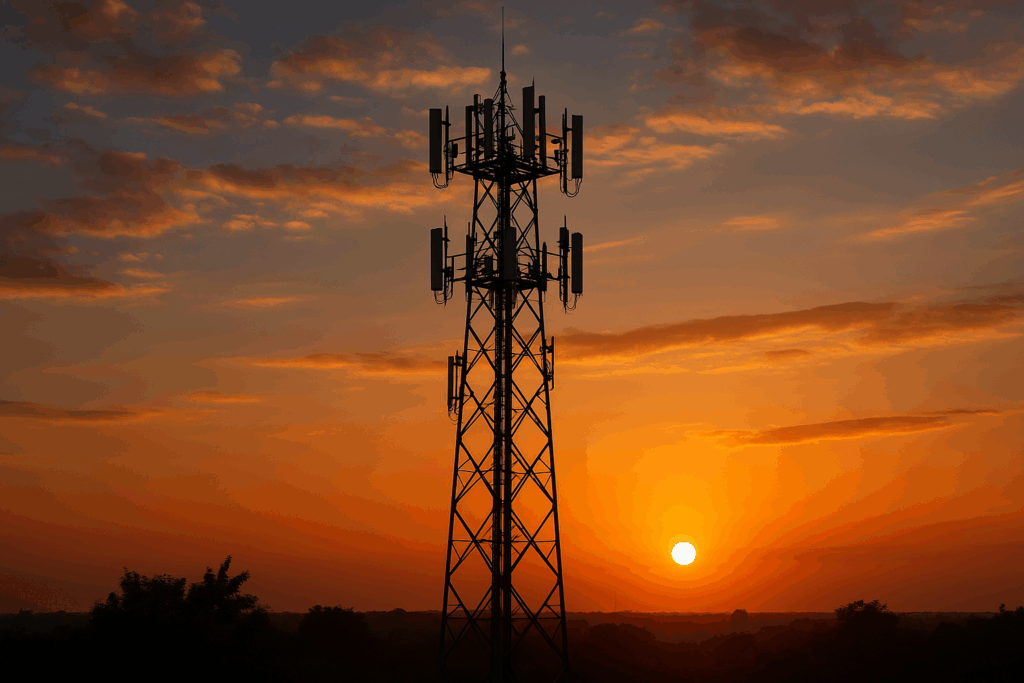Personal Safety Tech Needed To Protect All Of Us As Police Forces Cope With Unprecedented 999 Calls Pressure
Forces being flooded by non-emergency 999 calls
- On average across the UK, police forces receive a 999 call every three seconds
- Research has revealed 75-80% of these calls are not deemed to require an immediate emergency response
- 999 calls cost up to £1,000 per call
The increasing burden of non-emergency 999 calls is putting significant strain on police forces across the country. On average, police forces receive a 999 call every three seconds, with research indicating that a substantial 75-80% of these calls do not warrant an immediate emergency response.1
In 2023 for example, Humberside Police reported that a staggering 88% of their received calls fell under the category of non-emergency while Derbyshire Police stated that 71% of their calls were non-emergency. This trend not only diverts valuable resources dedicated to answering these non-emergency calls, but also incurs substantial costs, with each non-emergency call estimated to cost up to £1,000 (West Yorkshire Police 2022)
Earlier this year, a Freedom of Information Request was conducted into the number of emergency calls that constabularies across the UK are receiving, that are deemed as non-emergencies. A total of 25 forces responded to the FOI. Of those that responded, among them Merseyside and Manchester, the majority reported a high number of non-emergency calls.
Businesses can take action now to ensure their people are safe, whether at work or in their social lives, through technology that costs as little as a coffee per month. This will alleviate the burden on police forces and ensure their people are getting the help they need whenever they are in an emergency.
Peoplesafe’s personal safety apps can dispatch police to the scene of an incident in as little as four minutes. They provide protection and support to anyone 24/7, with alarm calls diverted directly to a designated ARC (Alarm Receiving Centre) BS 8484:2022 certification provides subscribers with the highest level of police response via a Unique Reference Number (URN) but crucially, calls are screened first before being diverted to the police.
It is intended that by acting as a crucial triage service to screen emergency calls this technology could lift the burden on police forces who can continue to offer rapid and effective responses to true emergencies.
The more businesses that sign up to Peoplesafe’s service for their employees – which costs as little as the price of a cup of coffee per day and protects staff 24/7 – the greater positive impact this extra triage facility could have on the UK’s overburdened Emergency Services.
Peter Bleksley former detective says:
“Turning to private sector tech companies, such as Peoplesafe, already fully regulated to deliver an alternative triage service, funded by CSR-driven businesses seems like an obvious way to tackle the issue. It’s there waiting to be utilised and just requires more businesses to step up beyond basic compliance to keep their people safe 24/7.”
Naz Dossa, Peoplesafe CEO and BSIA Chair of the Lone Worker Group Says:
“If every business stepped up to keep their own people safe, companies like ours could play a crucial and highly effective role in screening emergency calls, which would free up time and resource to the people who really need that fast, emergency response from our police forces.”




